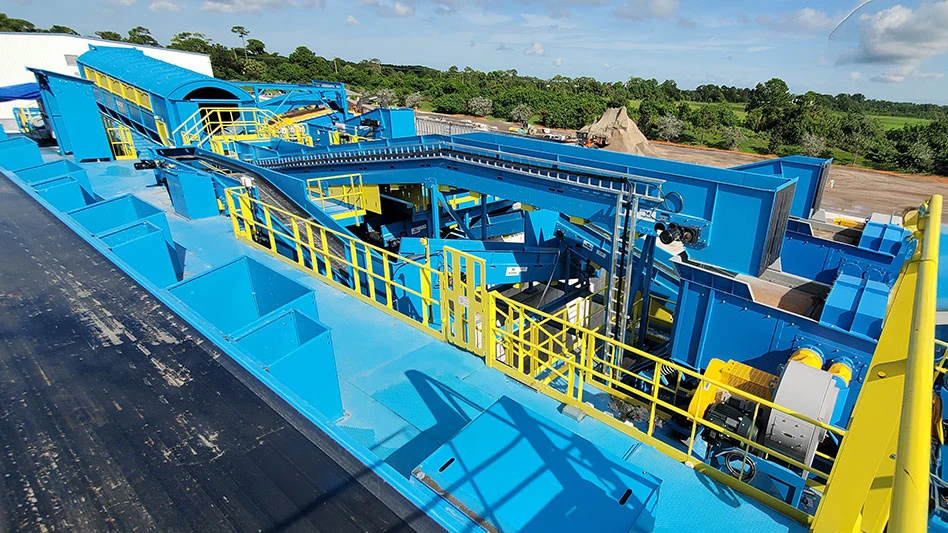Mail that has been irradiated cannot be recycled, a new study has found.
The study, released last month by the Postal Service, concluded that the irradiation process erodes paper fibers, meaning irradiated mail is no longer of sufficient quality to be recycled with high- grade white paper.
The report said irradiation can potentially impede recycling programs that sort white and mixed paper separately because paper that is combined already is lower grade than white paper alone.
The House has separate bins for white and mixed paper.
The recycling study comes after a report by the Office of Compliance - the Hill's workplace safety overseer - concluded the process used to sterilize mail after the anthrax attacks might cause health problems in people who come in contact with the treated letters and envelopes.
Rep. Earl Blumenauer (D-Ore.), a longtime recycling advocate, said he is concerned about the impact irradiation may have on the House's recycling program and plans to work with the Architect of the Capitol and the House Administration Committee to inform people that treated letters should not be disposed with other white paper.
"I am concerned that we need to do a good job to communicate to folks that we've got to keep that irradiated mail out of the high- grade paper that is recycled," he said. "It makes it less valuable, we lose money and it makes recycling less viable."
The study, conducted by Roy F. Weston Inc., analyzed irradiated mail and found "significant changes" in its physical, chemical, fiber and optical properties. The strength of the paper was also considerably reduced.
Because irradiation causes "accelerated aging of the paper which results in yellowing," chemically treated mail "should be segregated from higher-grade recycled fiber," the report said.
The study affects only federal office recycling programs (the Postal Service irradiates only mail going to federal offices) and those at some private companies that sterilize their own mail.
"Irradiation does negatively affect the fibers in paper," said the study's project manager, Eric Keeley, who works for Roy F. Weston. "But the question of the project was what impact does it have on the recyclability of papers in the offices in D.C., and the answer was relatively little except in offices where mail represents a significant portion of the recycling stream."
Scott Shapleigh, one of the Hill's two recycling coordinators, said he is aware of the Postal Service's study but that irradiation has not affected the program so far.
"Our contractor who handles our paper hasn't told us anything," he said. "If there was a problem, he would have let us know."
But for some watchdogs, the Postal Service's study highlights the need for more research on the irradiation process, which critics say was rushed into use without sufficient precautions.
"We were very concerned at the outset about the use of this technology because we've made the argument that when it comes to irradiating food there hasn't been any research on the impact," said Tony Corbo, a legislative representative for Public Citizen.
"It's a very destructive technology, and it's something that the policymakers are going to have to look at," Corbo added. Roll Call
To view the report click on the report's title
Latest from Recycling Today
- Greenwave raises revenue but loses money in Q2 2025
- Recycled steel prices hold steady
- EY says India’s need for scrap imports will continue
- Coming full circle
- Amcor, DCM introduce fertilizer packaging with 35 percent recycled content
- Comstock Metals gets closer to commissioning commercial-scale solar panel recycling facility
- Washington selects Circular Action Alliance as PRO
- Smurfit Westrock expands in Latin America





